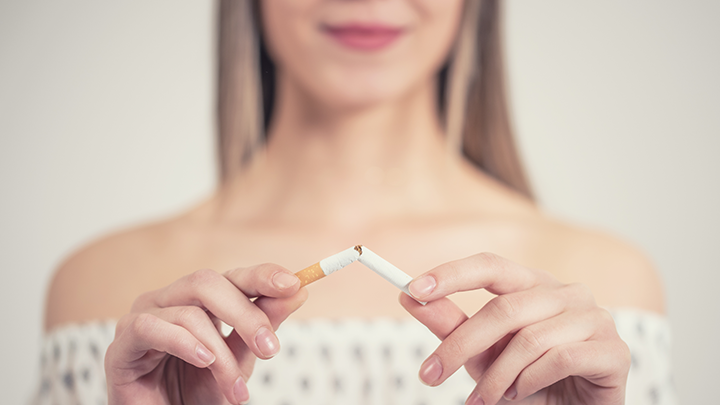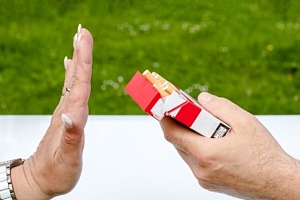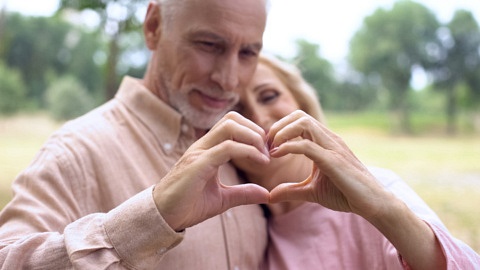Whether you are a parent of a young child or of a college student, back to school is an important transition for you and your children. It represents a...
About the Author
Dr. Olivia Rose
Dr. Olivia Rose graduated from the University of Guelph with a Bachelor of Science Honours degree in Nutritional and Nutraceutical Sciences and in 2006, she graduated from the Canadian College of Naturopathic Medicine.
In addition to her private practice, Dr. Rose is the director of Fertility Acupuncture Services, a mobile service that brings acupuncture to couples undergoing in vitro fertilization and intrauterine insemination at Toronto fertility clinics. Her special areas of interest include infertility; children and teen health; stress management; weight loss; heart disease; digestive and immune health; skin rejuvenation and pain management. She is a birth doula and has additional training in cosmetic acupuncture and needle-less therapies for skin rejuvenation and joint pain.
Dr. Rose is a sought-after lecturer for community organizations; a freelance writer and mentor to new graduates. She has been interviewed by various media outlets including Global Toronto’s, “The Morning Show”, “News at Noon” and “News Hour”. In her free time, she unplugs at the spa and she enjoys spending quality time with her husband, son and tea-cup Yorkie. For more information on Dr. Rose's practice and special events, please visit - www.oroseND.com


 Cigarette smoke increases your metabolism and reduces your appetite. It makes sense then that most people fear weight gain once they quit smoking. According to a 2008 study in the American Journal of Clinical Nutrition, this explains why smokers tend to have lower body weight than non-smokers and why weight gain is common once you quit smoking.
Cigarette smoke increases your metabolism and reduces your appetite. It makes sense then that most people fear weight gain once they quit smoking. According to a 2008 study in the American Journal of Clinical Nutrition, this explains why smokers tend to have lower body weight than non-smokers and why weight gain is common once you quit smoking. As a smoker, your brain is accustomed to and dependent on nicotine for its daily function. Once you stop smoking, your brain will sense the absence of the nicotine which will increase your desire to have a cigarette. The good news is that your body and brain will adjust to not having cigarettes, and this will become easier.
As a smoker, your brain is accustomed to and dependent on nicotine for its daily function. Once you stop smoking, your brain will sense the absence of the nicotine which will increase your desire to have a cigarette. The good news is that your body and brain will adjust to not having cigarettes, and this will become easier.

